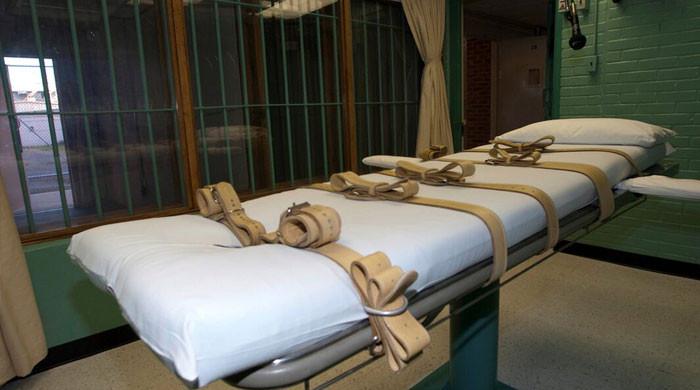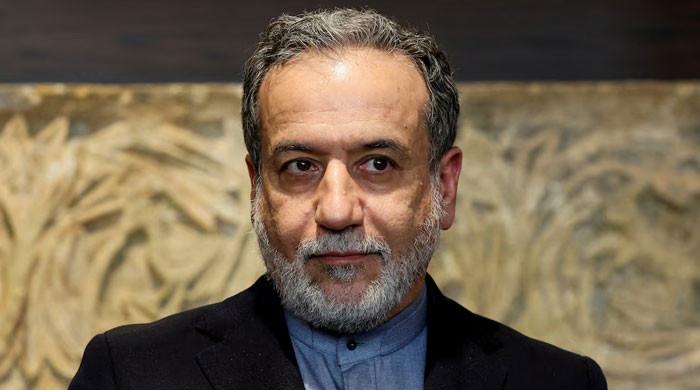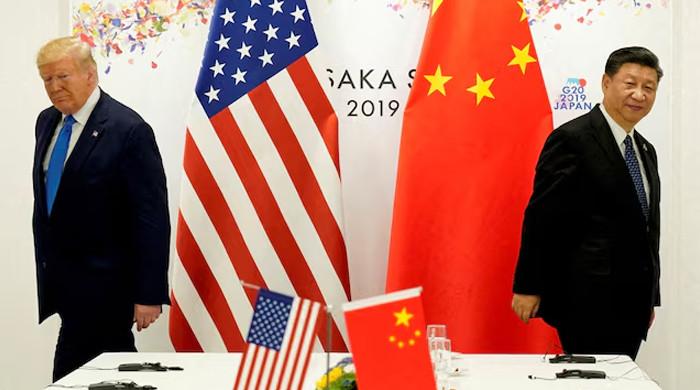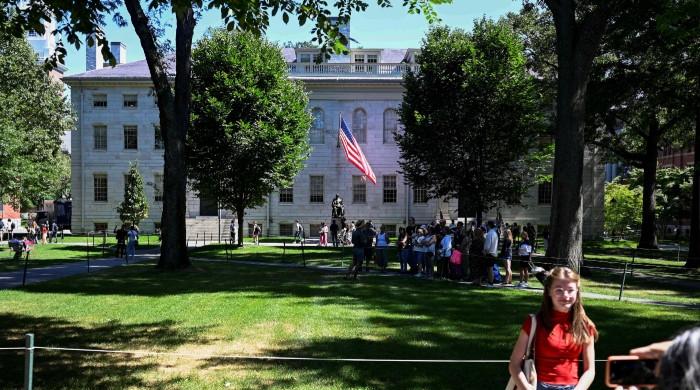Dr Jan Karbaat: Dutch man has 102 half-siblings and counting as fertility clinic's dark beans spilled
Dr Jan Karbaat, a pioneer in artificial insemination, operated his IVF clinic near Rotterdam for three decades
December 04, 2023
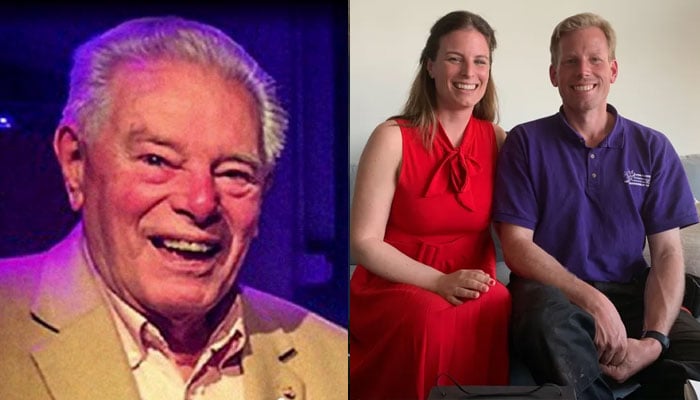
Martijn van Halen's life took an unexpected turn when he unearthed the startling truth about his conception – the result of a Dutch fertility doctor's unethical practices.
In an exclusive interview with The Sun, Martijn, now 44, shares the shocking revelation that the donor responsible for his existence was none other than the fertility doctor, Jan Karbaat, who clandestinely used his sperm to impregnate unsuspecting women.
Martijn, the founder of a garden centre in the Netherlands, discloses that he is part of a WhatsApp group comprising 102 half-siblings who have all matched Karbaat's DNA, with the potential for this number to increase significantly.
Karbaat, a pioneer in artificial insemination, operated his IVF clinic near Rotterdam for three decades, contributing to an estimated 10,000 children during that time. The doctor's deceptive practices were brought to light in the BBC documentary series "Seeds of Deceit."
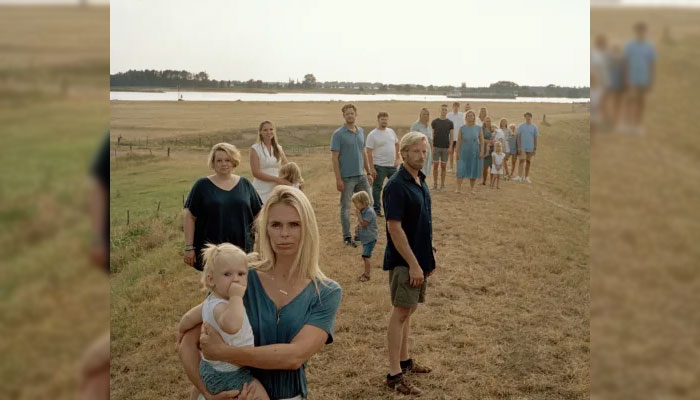
Despite Karbaat's family initially resisting the release of his DNA, a legal battle led by dozens of his children, including Martijn, resulted in the court allowing access to the genetic information in 2019.
Martijn's journey of self-discovery began ten years ago when he learned about his unconventional origins from the man he believed to be his father. Despite the initial shock, Martijn has since embraced the unique circumstances, setting up a support network for his numerous half-siblings.
The WhatsApp group facilitates communication among them, and Martijn emphasises the ongoing discovery of new matches, with expectations that the number will reach 250 in the coming years.
Reflecting on the surreal similarities among his half-siblings, Martijn describes their shared traits, not only in appearance but also in interests and professional success. Despite the ethical breaches by Karbaat, Martijn maintains a positive outlook, acknowledging the strength of his genes and the unexpected bonds formed within the extended family.
As Martijn continues to navigate the complexities of his heritage, meeting some of his half-siblings and maintaining a robust support network, the scandal surrounding Karbaat raises questions about the motives behind such large-scale deception.
Martijn and his half-siblings grapple with theories ranging from medical necessity to ego-driven actions and financial motives. The legacy of Seeds of Deceit serves as a powerful reminder of the far-reaching consequences of ethical lapses in the field of fertility treatment.






